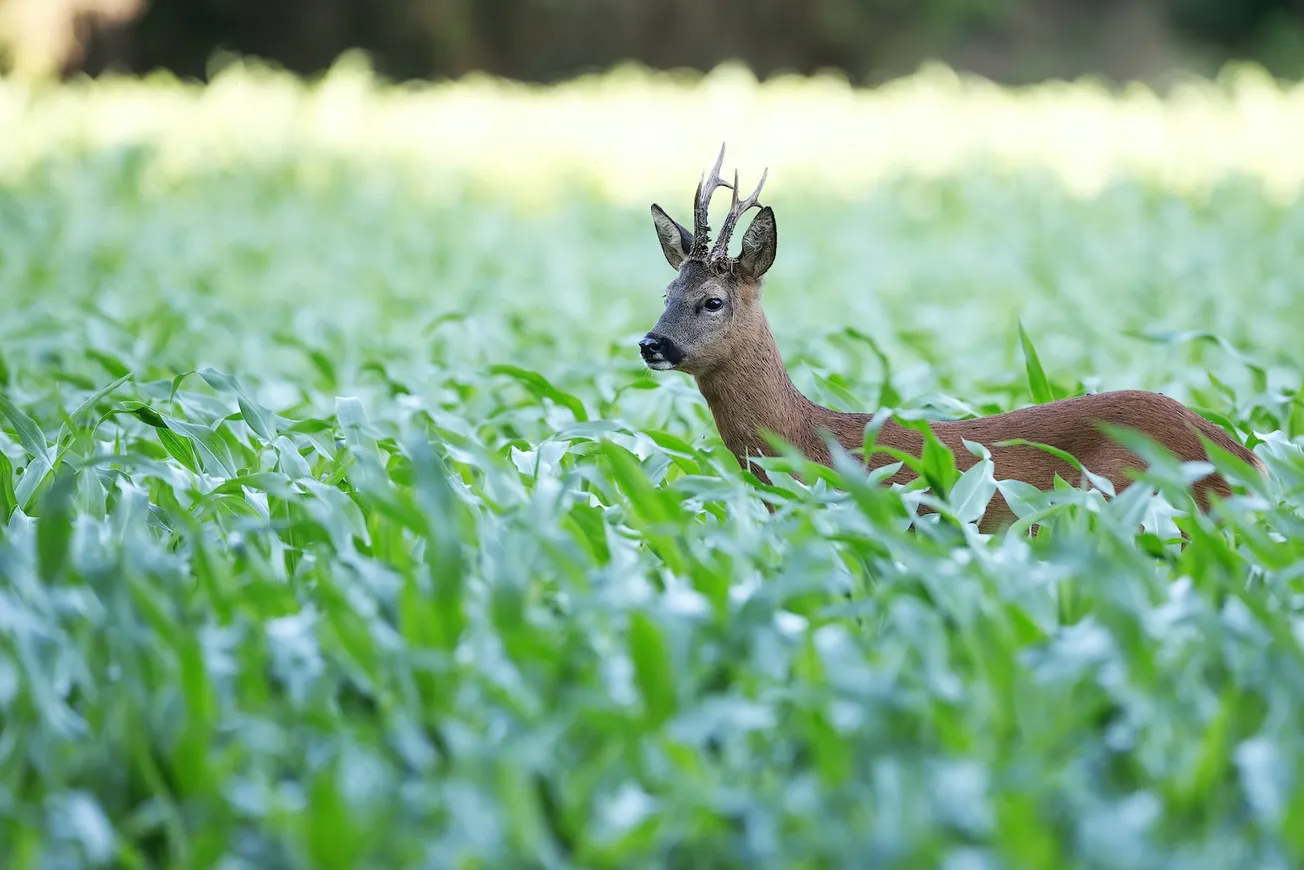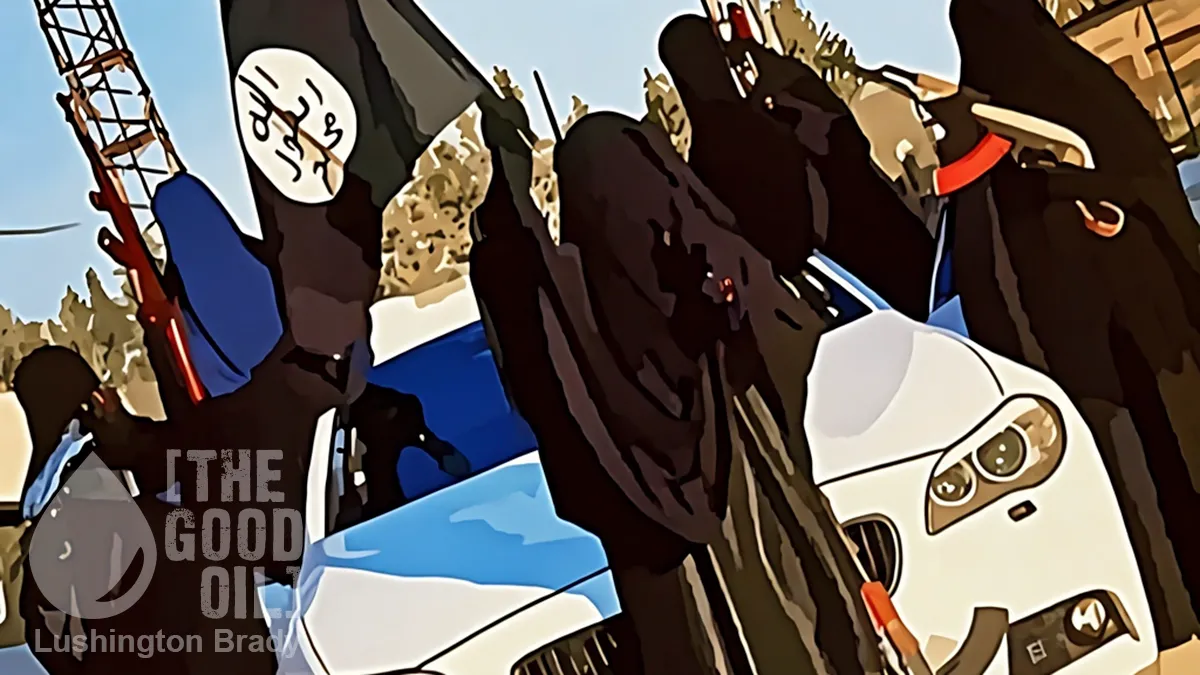Table of Contents
What is the oldest uniquely English word? Unsurprisingly, this is a tough nut to crack.
After all, English is in many ways a hybrid language, hugely influenced by English history. From invaders (the Danes, Normans and even the Celts) to the invaded (a great many Hindi and Urdu words, from pukka to curry, bungalow and thug have made their way into English).
Going back further, from the 16th century on, Europeans in India began to notice a great many similar words in Indo-Iranian and European languages. By the 18th century, scholars were hypothesising that languages as apparently disparate as Sanskrit, Greek and Latin all had a common ancestor. Eventually, this ‘ancestral’ language, dubbed Proto-Indo-European (PIE) was ‘re-constructed’ (no direct record of PIE exists).
So, where does that leave English?
There are some words in English that were adopted, relatively unchanged, from ancient languages, including sarcophagus, mania and veda. Usually these words were not acquired in English until fairly recently. They were adopted or sometimes readopted directly from some ancient source, most often for the purpose of talking about ancient subjects, or, in the case of medical and academic words, to conform to old standards that hold Latin and Greek as the preferred languages for the topic.
If we remove such words, where does that leave us? Which words in English are ‘native’, and when did they originate?
‘Native’ English is generally regarded as beginning with the Anglo-Saxon invasions of the fifth century. Prior to that, there were of course people living in England – and they had for a long time: not just Romanised inhabitants, the Celtic tribes and even earlier tribal Britons. But it was the Germanic invaders, the Anglo-Saxons, who were first identified as Englisc, Ængle or Engle. The language they spoke is known today as Old English.
And it’s from the Anglo-Saxon fifth century that the oldest-known documented English word originates.
The oldest known item with writing upon it, from England and from the “English” period, is an astragalus bone found in Norfolk, dating to the middle of the fifth century. It is so old that it predates the use of Roman letters, instead being inscribed with runes. What does the astragalus say on it? [Raïhan]. This is apparently: roe (n.2). The word is basically raih or raiha, plus a presumed possessive -an, maybe denoting “[animal] of the roe type”, or maybe denoting that the bone is from the deer. In later Old English the word was usually spelled ra or raha.
In other words, the small, reddish-brown species of deer, well-adapted to cold environments. Like England.
So that would indicate roe (n.2) is the oldest word in English.
There is some question about whether the astragalus was actually made in England or if it was brought by one of the new Angle-ish immigrants from probably what we’d now call Denmark. In this era, that line is going to be a little blurry. The first batch of settlers was surely speaking the same language they had known back home, and it would only be gradually through local pronunciation changes, new words to describe things they hadn’t had back in Hjørring, and difference between how the Angles were forming and acquiring new words versus how it was happening in the old country, that it would become a distinctively different language.
Online Etymology
It’s an astonishing thought: a bunch of Germanic adventurers taking advantage of the collapse of the Roman forces in Western Europe and invading the rich island just across the Channel – never knowing that they were founding a language that would one day become a global lingua franca.
And it all started when an Anglo-Saxon warrior presumably pointed out that that roe deer looked pretty tasty.









